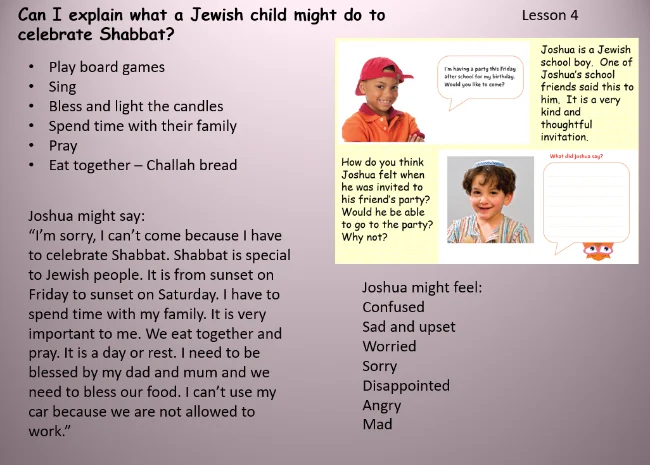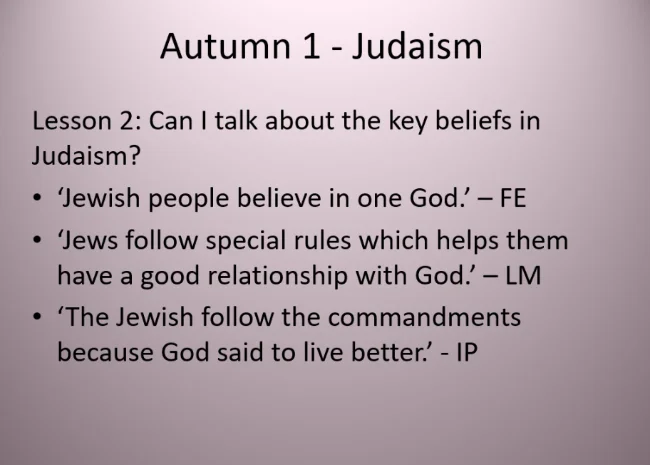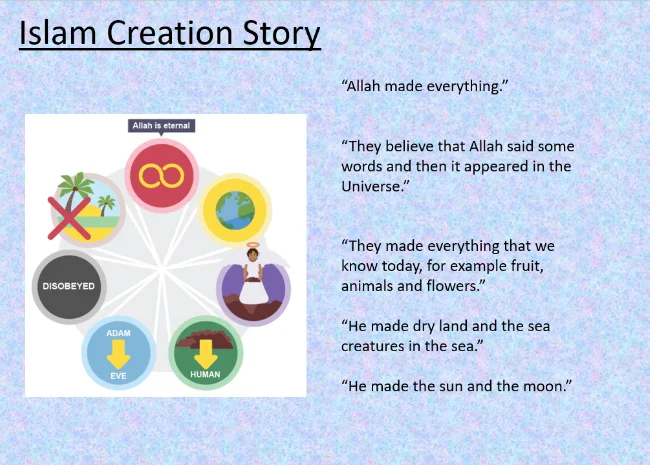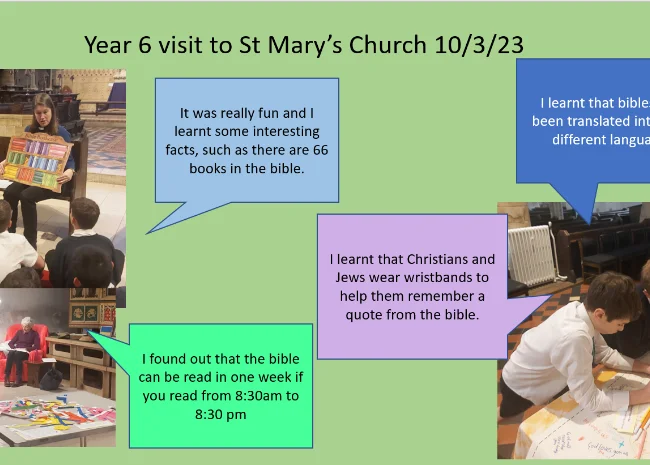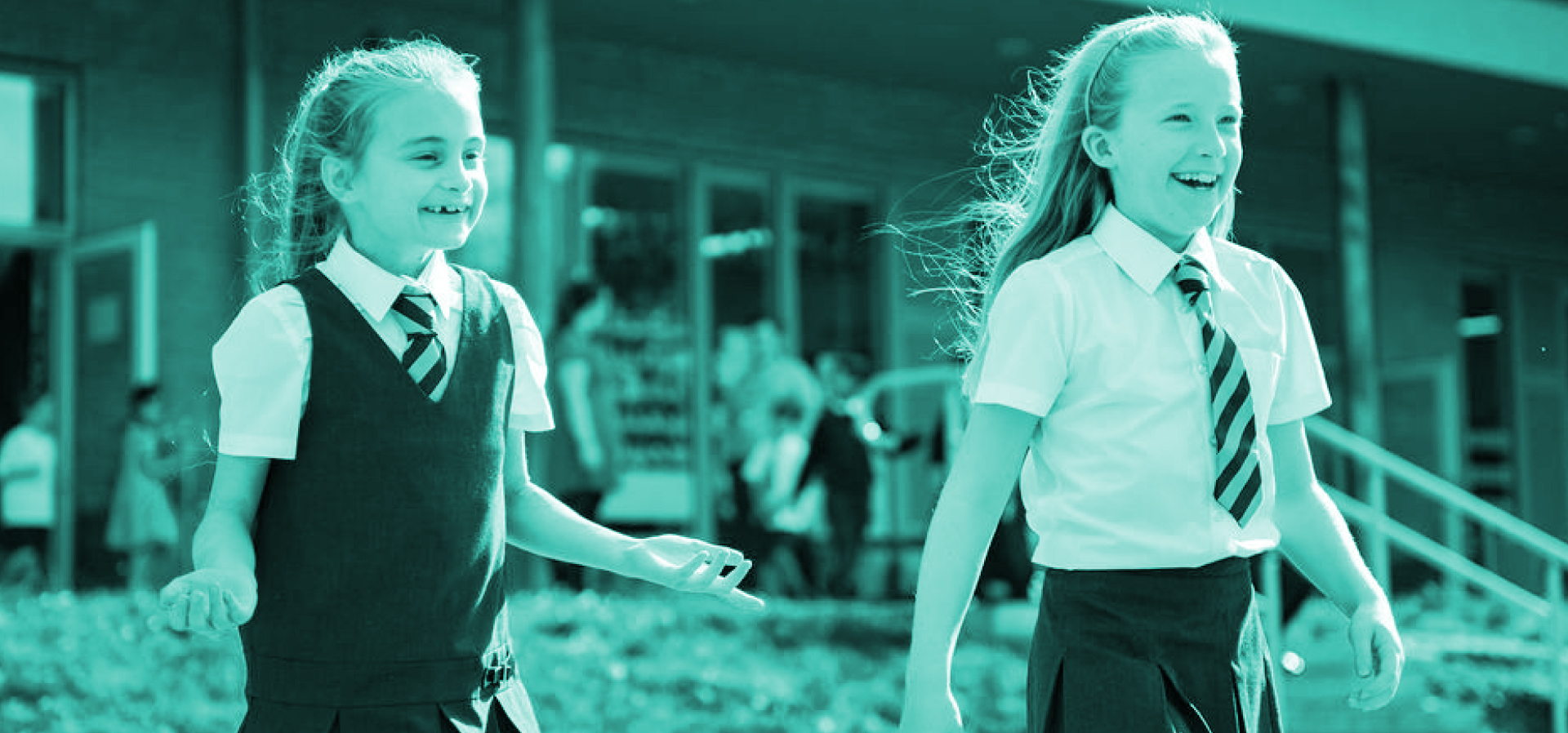
RE

Intent

Implementation

Impact
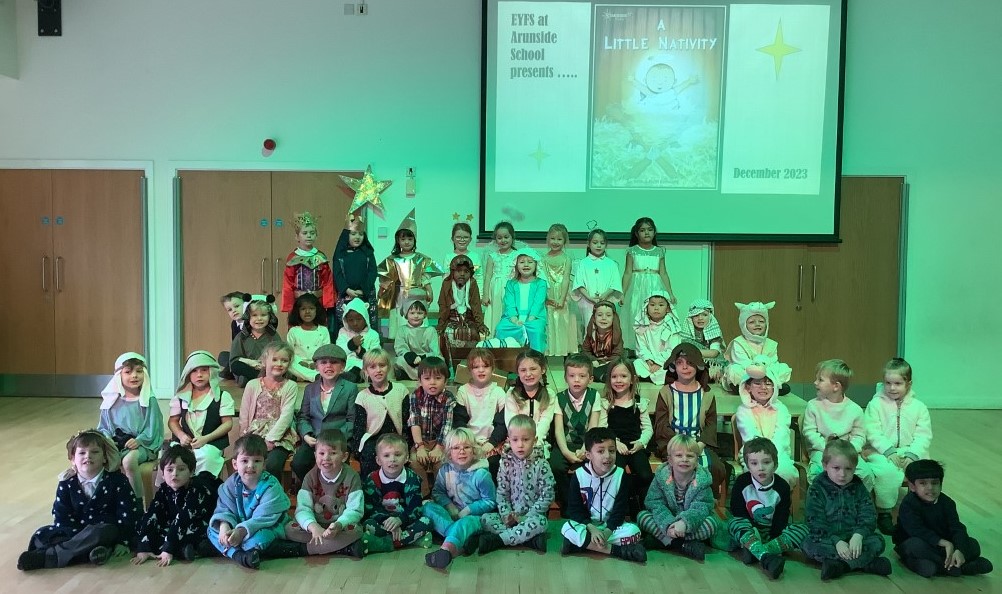
1. Intent
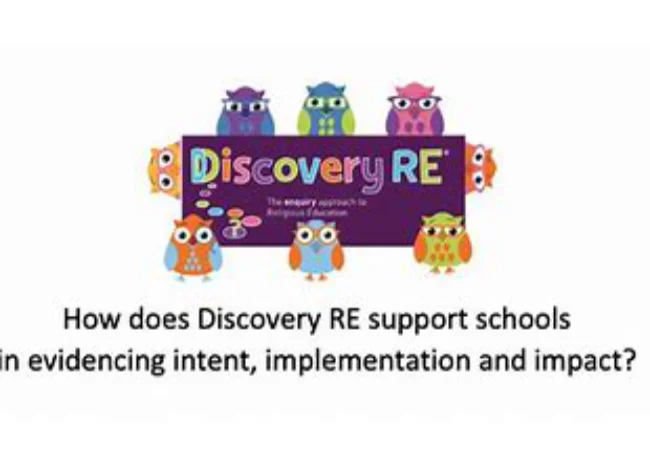
The Arunside community is made up of a multi-diverse group of people who gather together daily to learn and grow. Our school vision and values best describe how we conduct ourselves and we use the local community and inspirational people from the wider world as our role models. Through the teaching of RE we aim to develop children’s understanding of different religions whilst encouraging curiosity, respect and tolerance and we strive to support the children to grow in line with our school vision and values. The National Association of Teachers of Religious Education (NATRE) stated in their 2019 report that,
“learning in RE helps to underpin the development of respect and tolerance and supports school values and the preparation of pupils for life in modern Britain. …RE makes a valuable contribution to pupils’ personal development and to their understanding of the wider world.”
Through direct teaching about different religions we aim to provide the children with knowledge which will help their understanding of people and the world around them. Ongoing discussions within school should encourage the children to think about choices, ask and consider questions to deepen understanding and ultimately to feel supported when making personal life choices.
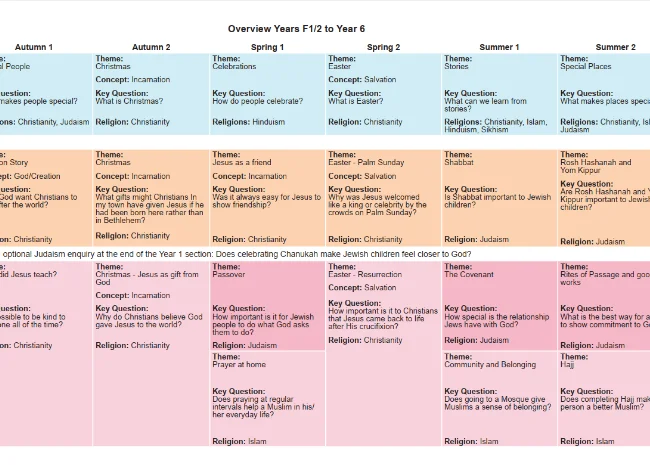
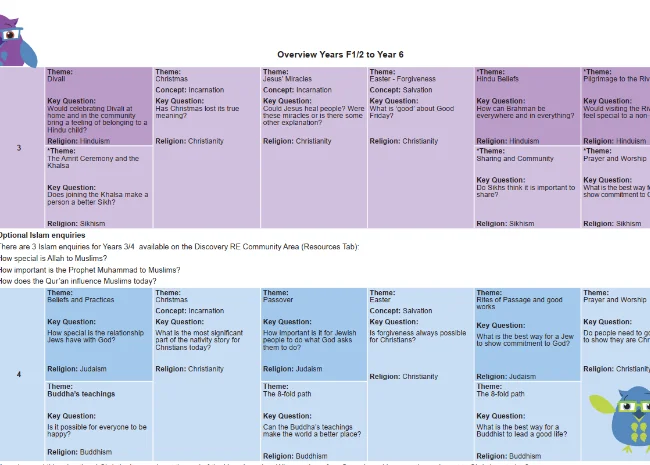
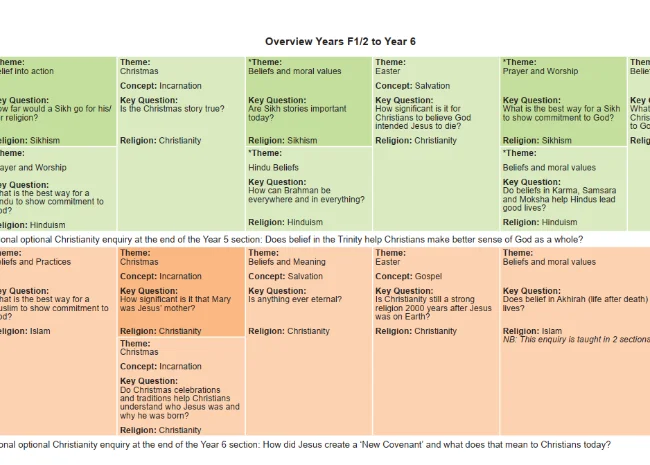
2. Implementation
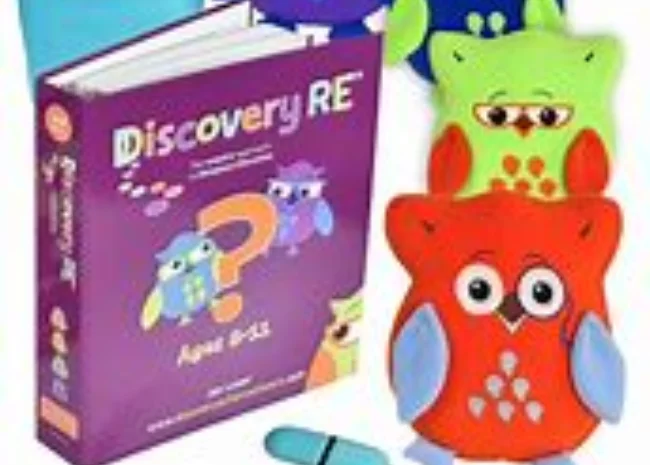
At Arunside we follow the West Sussex Agreed Syllabus for Religious Education. This provides a framework from which we develop learning opportunities such as direct RE lessons, collective worship times including different celebrations, and visits and visitors where different religions can be explored. We also provide activities where children can explore their social, moral, spiritual and cultural development both close to home and in the context of the wider world. Wherever possible, RE concepts and beliefs are explored, developed and recorded in a variety of ways and this allows children to engage at different levels and through different mediums according to their own confidence and abilities.
The WSCC Agreed Syllabus states that Christianity should be studied in both KS1 and KS2 with other principal religions being introduced as the children move up the school. At Arunside, we have children from a wide range of religions and we ensure that from Early Years, we are acknowledging and including religions at an age appropriate level so that every child feels valued and included in our school community. Children will be introduced to different religions and they will revisit religions as they move up the school, thus allowing them to develop ideas and understanding of the religion, making further links between learning and encouraging deeper consideration of impact of religions and worldviews. We ensure this happens by following the Discovery RE Scheme of work which links with our Jigsaw Scheme of work for PSHE.
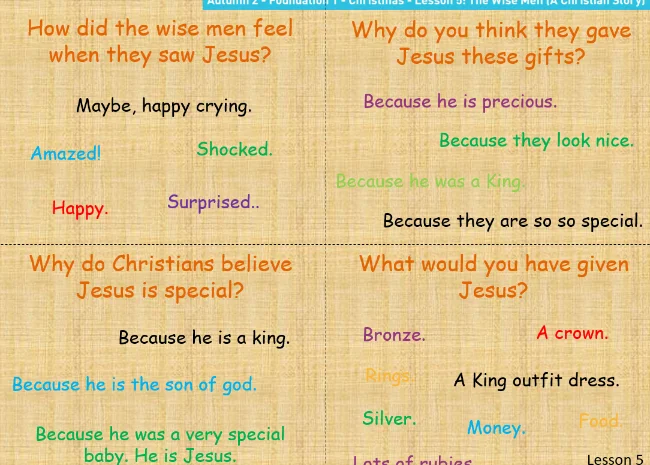
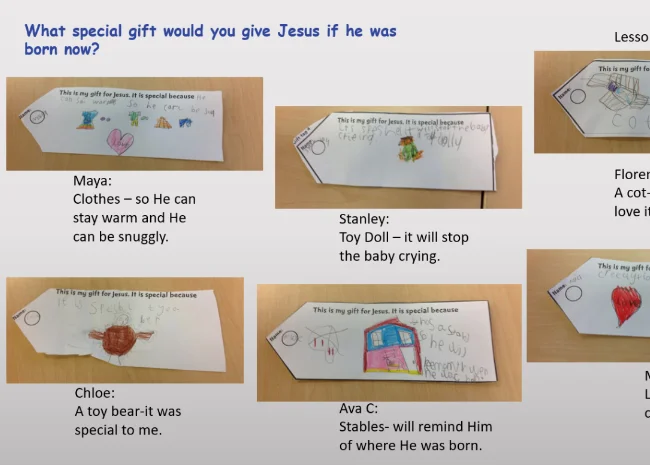
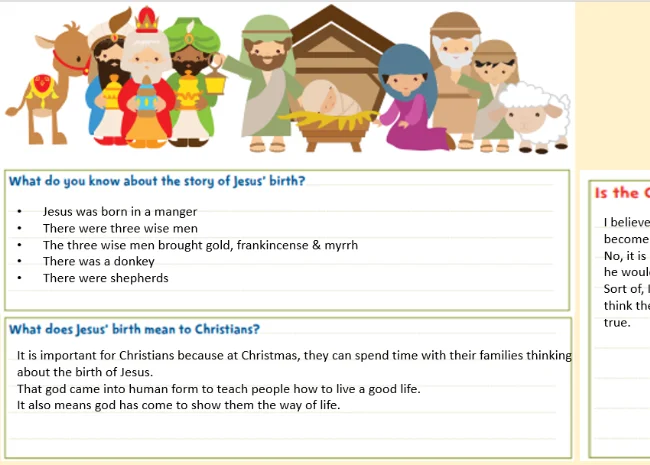
3. Impact
Ofsted stated in 2019 that,
“The positive results of pupils’ learning can then be seen in the standards they achieve.”
This being so, we need to look at the children we send out into the world, measure them against our school vision and values and, through spending time with them, assess whether they are respectful, tolerant and knowledgeable individuals who show an understanding of the world in which they live, but who also show a curiosity and the desire to know and understand more. As well as knowing the facts about principal religions such as Christianity, Hinduism, Judaism, Islam, Sikhism and Buddhism, our children should understand how it feels to belong to a group, how to ask questions to develop their understanding, how to express themselves to others and to feel confident in sharing their ideas and opinions. They should be able to make links between different religions and worldviews and consider how these help shape life in modern day Britain.
